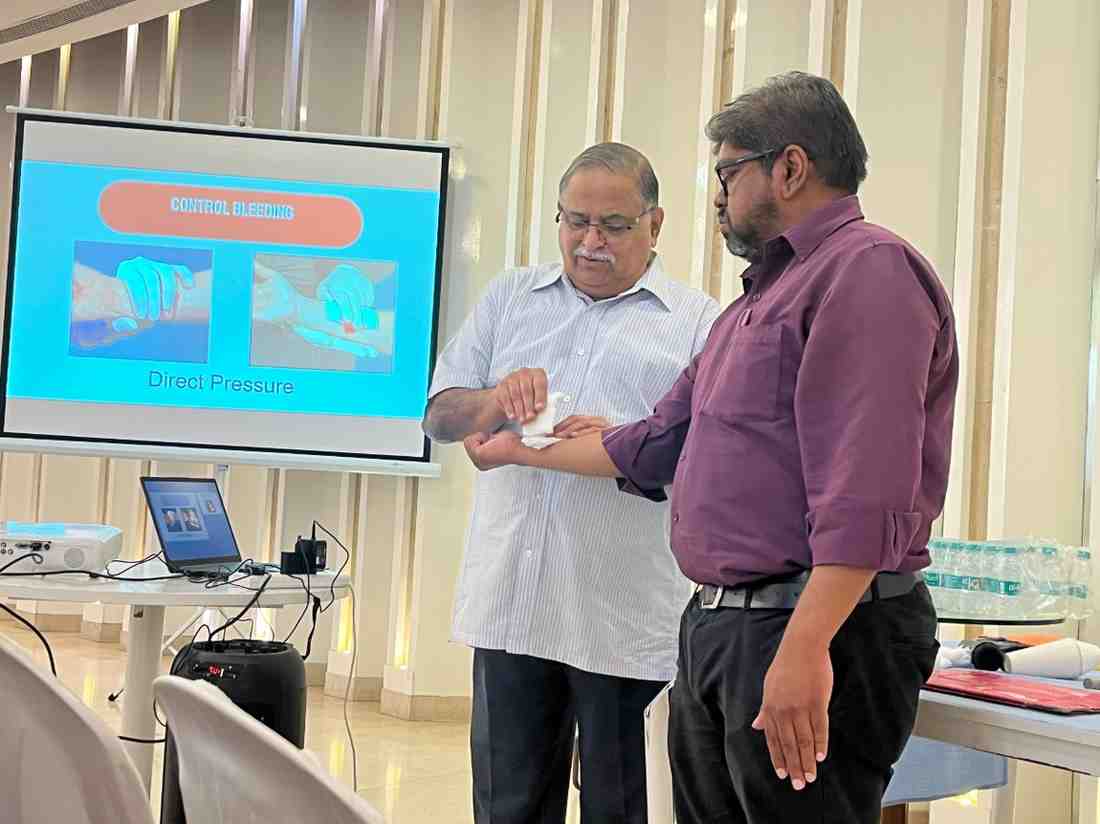Overview
Sudden Cardiac Arrest (SCA) has emerged as a significant health concern in India, particularly among the young population. Every minute 112 people are succumbing to cardiac arrest1. Cardiopulmonary Resuscitation (CPR) is a critical life-saving technique used in emergencies when someone's heartbeat or breathing has stopped. However, studies have indicated that 98 % of Indians are deprived of the basic lifesaving CPR techniques at the time of Sudden Cardiac Arrest.
Therefore, to create awareness among professionals coming to offices across organisations/companies located at MIDC and Hubtown Solaris, IIFL Foundation organized a Cardiopulmonary Resuscitation (CPR) training session to equip professionals with essential life-saving skills. The session aimed to raise awareness about the importance of CPR and provide hands-on training to ensure readiness in emergency situations. These sessions were conducted by experts from Lifesupporters Institute of Health Sciences, Mumbai.
Highlights
The CPR session by IIFL Foundation was a valuable initiative that reinforced the importance of preparedness in life-threatening situations. The training equipped participants with the knowledge and confidence to provide immediate assistance in emergencies, potentially saving lives.
The primary objective of the sessions was to educate participants on the critical role of CPR in saving lives during cardiac emergencies. The session focused on:
- Understanding the importance of immediate response in cardiac arrest cases.
- Learning the proper techniques for performing CPR.
- Practicing hands-on CPR on mannequins.
- Gaining knowledge on handling emergencies effectively.
Key Highlights:
- Expert Guidance: certified medical professionals who provided in-depth knowledge on CPR techniques and their real-world applications from Lifesupporters Institute of Health Sciences, Mumbai, conducted the session.
- Practical Demonstrations: Participants were given the opportunity to practice CPR on mannequins under expert supervision.
- Interactive Learning: The training included Q&A sessions, case studies, and real-life examples to enhance understanding.
- Use of Automated External Defibrillator (AED): The session covered the role of an AED in cardiac emergencies and demonstrated its correct usage.
- Emergency Response Preparedness: Participants were trained on the appropriate steps to take before and after administering CPR, including calling emergency services.
- The CPR training session proved to be highly beneficial, as it empowered participants with essential skills to act promptly in emergencies. Some key takeaways included:
- Increased confidence in administering CPR correctly.
- Awareness of the significance of timely intervention in cardiac emergencies.
- Understanding the basic steps of using an AED.
- Improved knowledge of emergency response protocols.

Direct beneficiaries
175
Project location
Mumbai
State
Maharashtra
Project start year
2024
Project end year
2024Process
Gallery

1
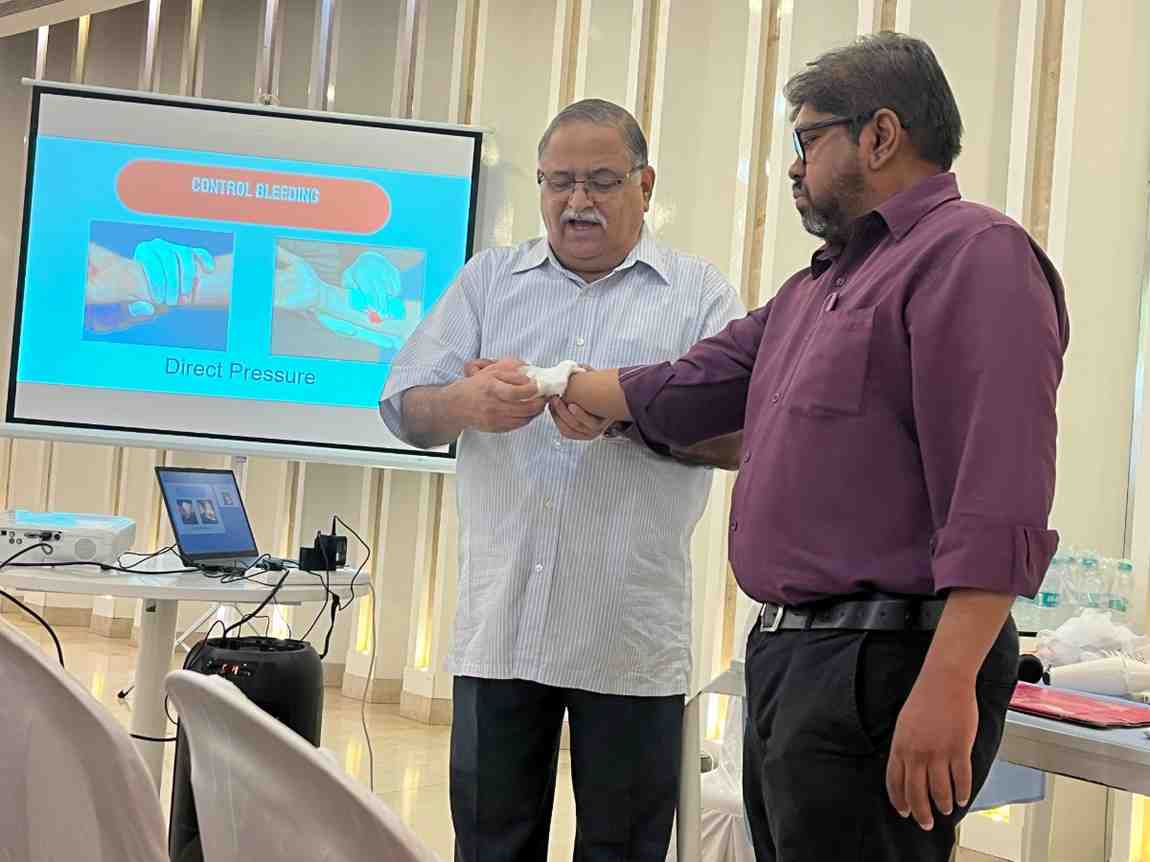
2
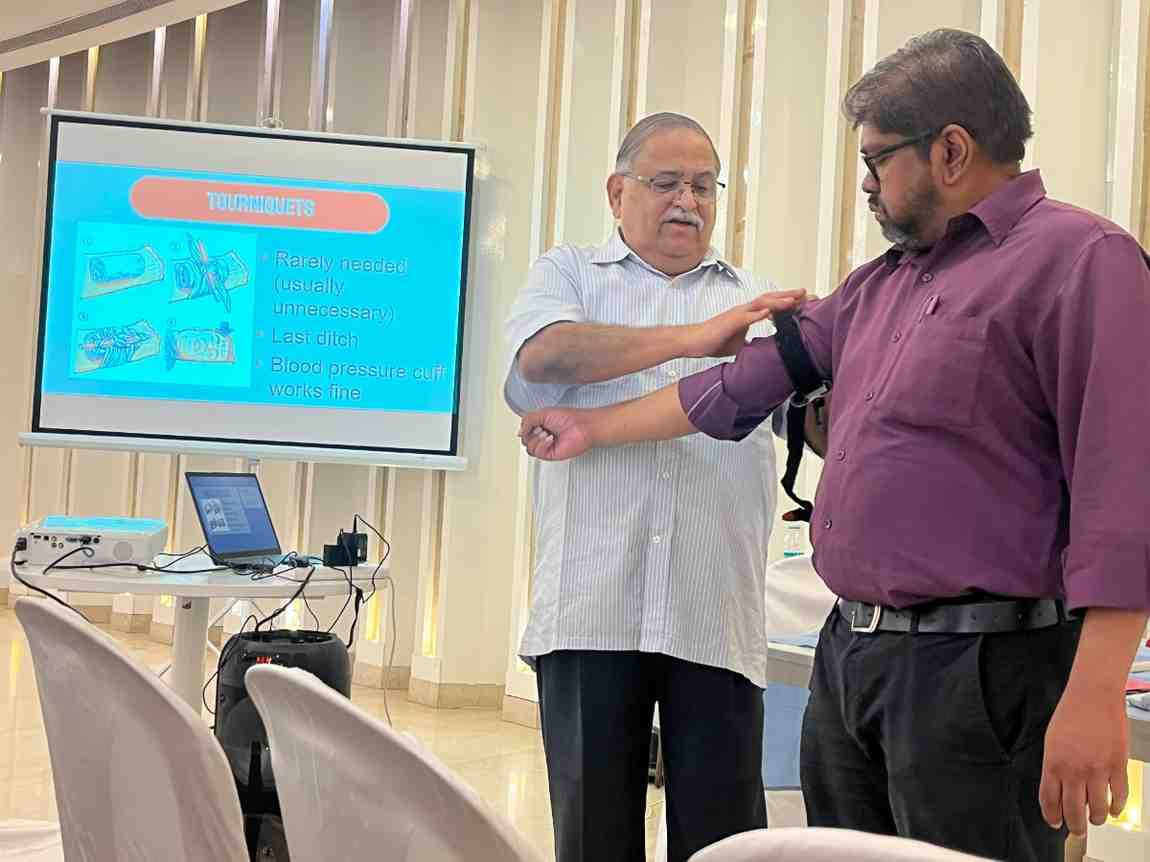
3
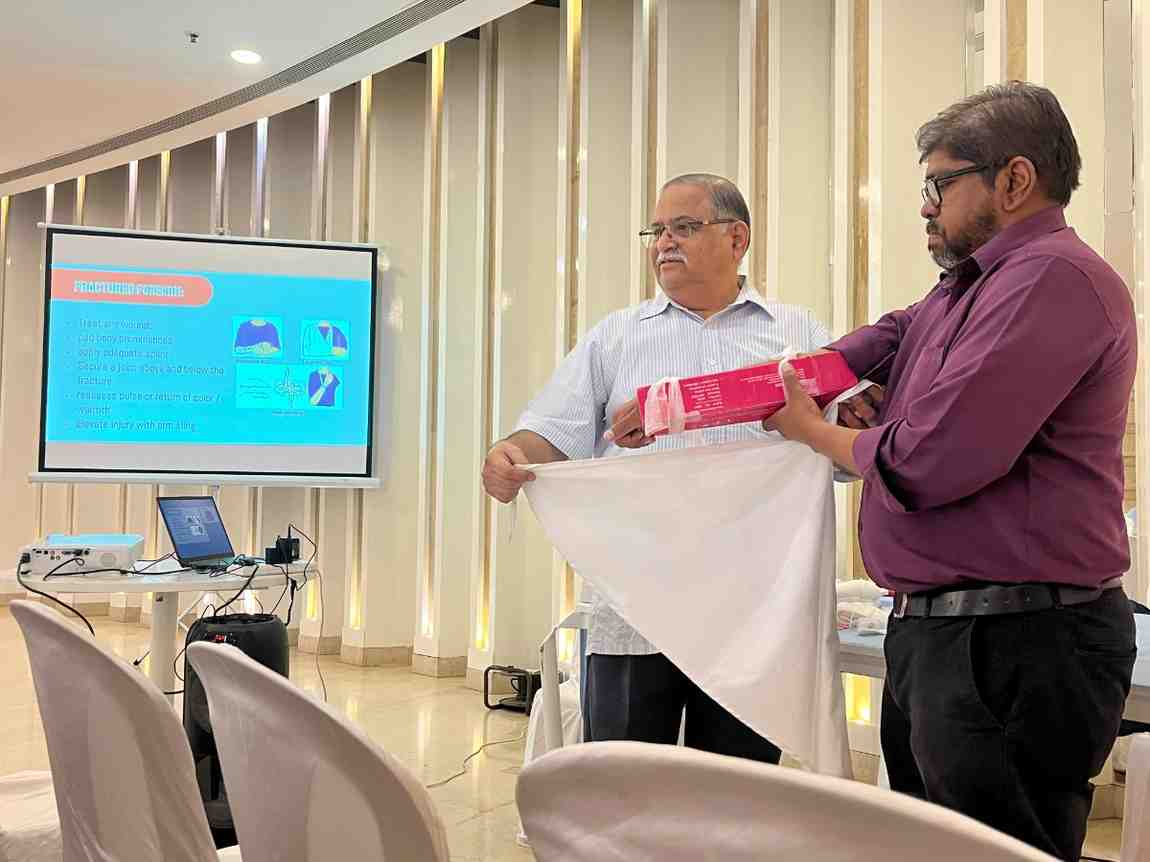
4
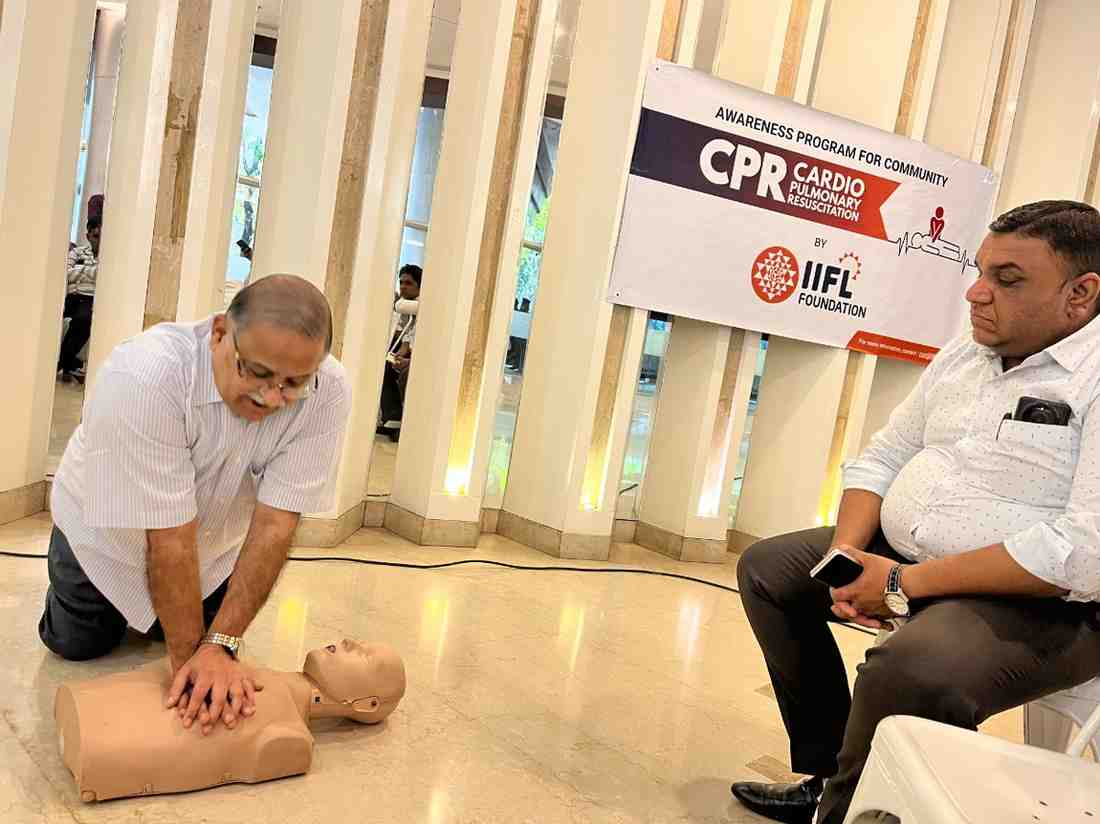
5
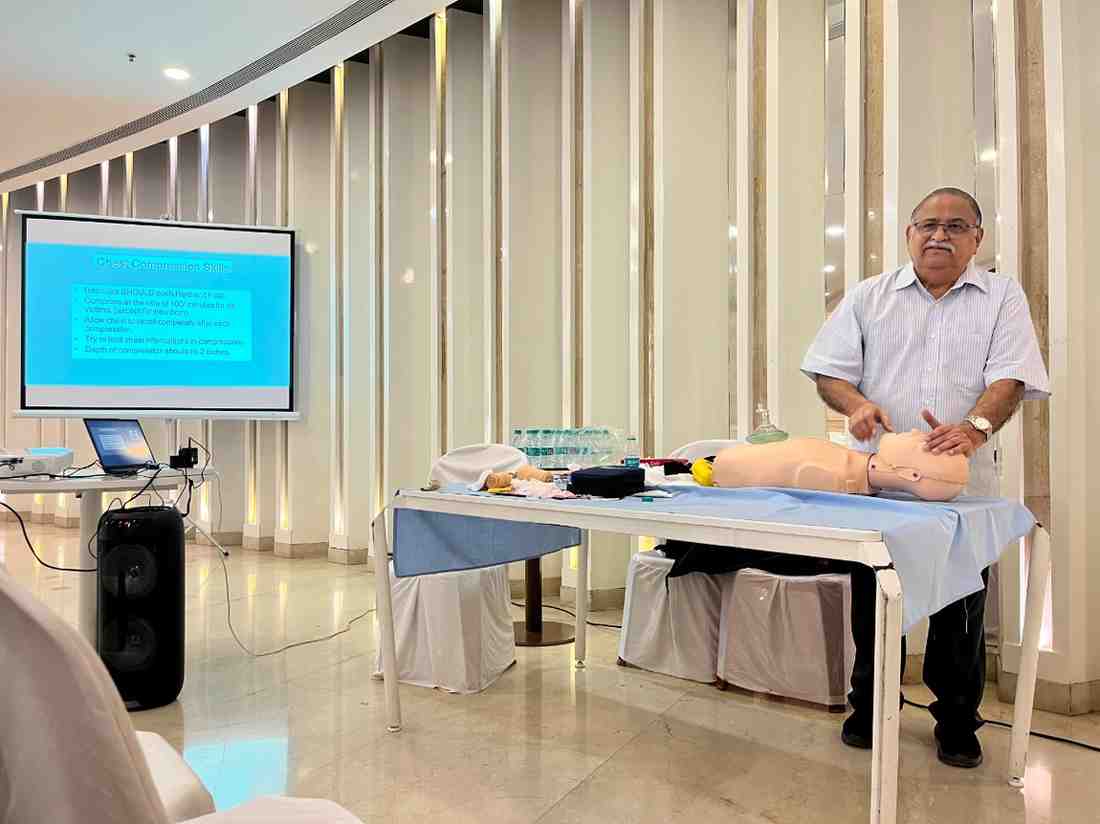
6
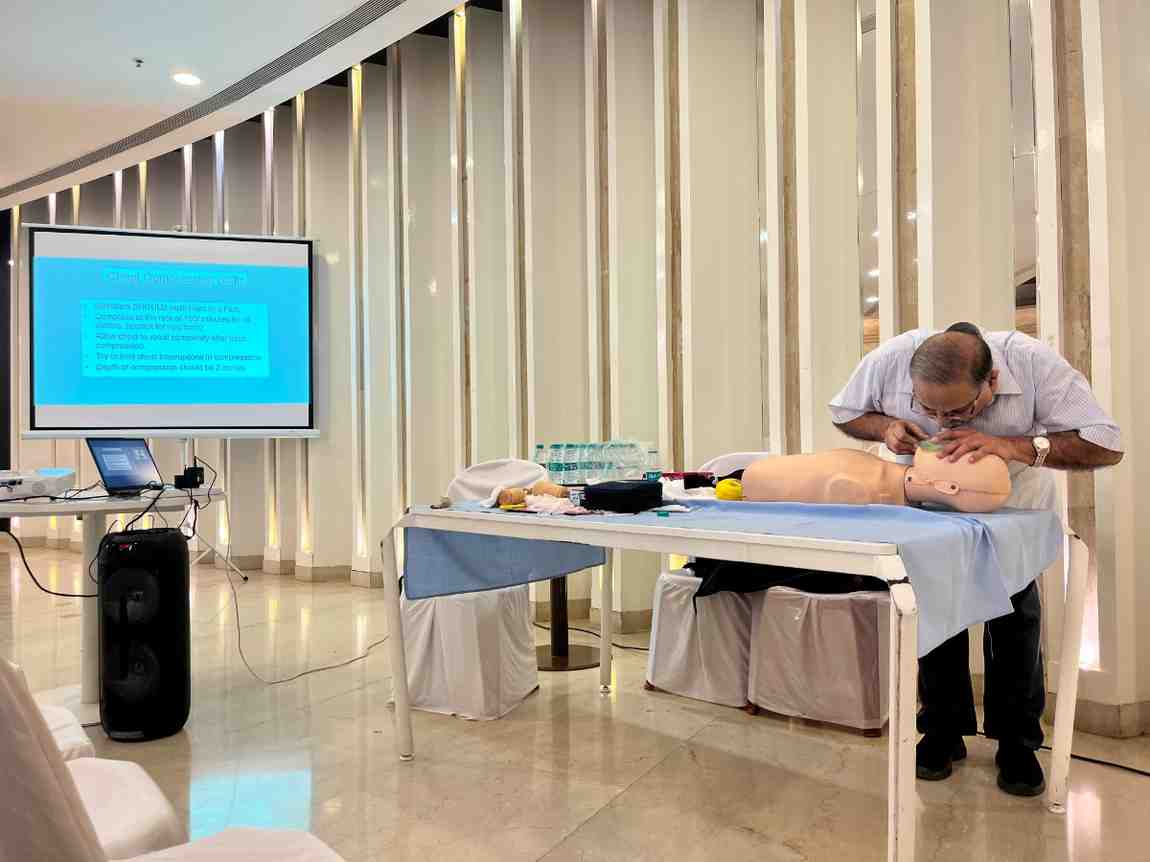
7
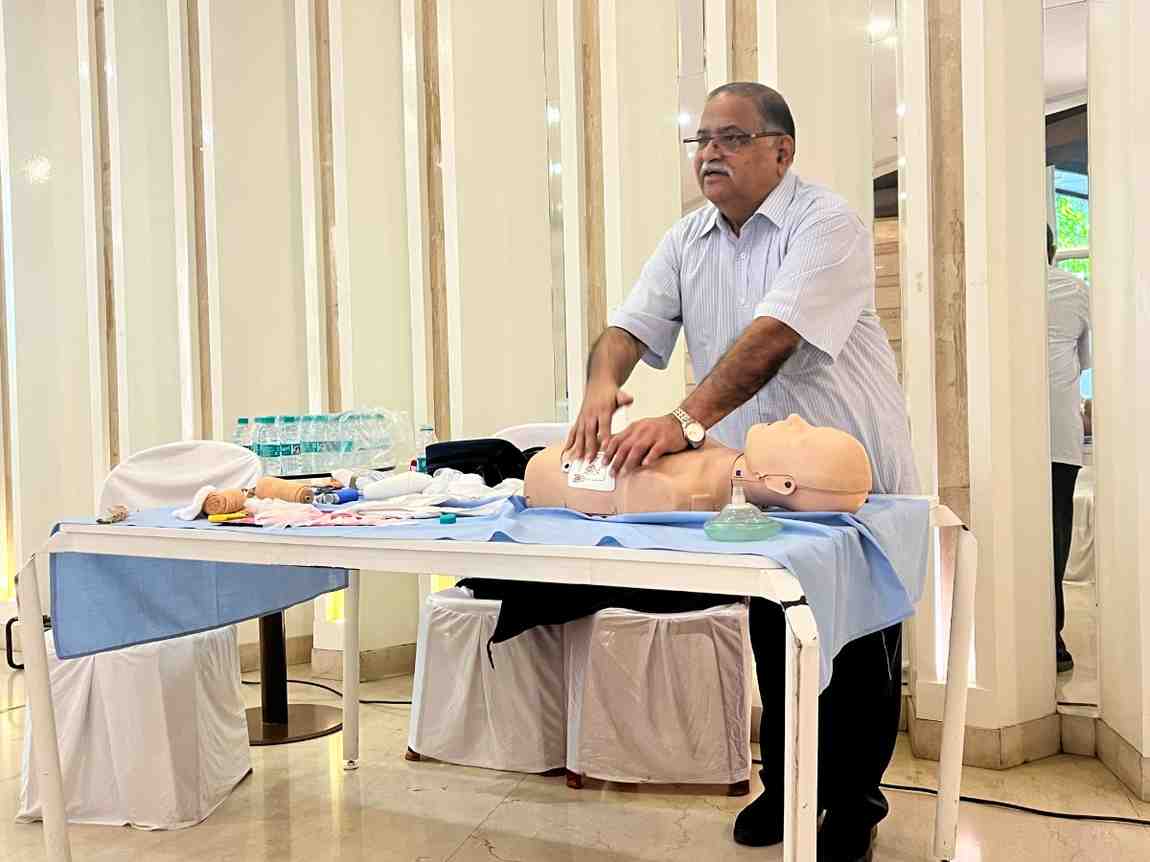
8

9

10
No Data Found
Disclaimer: Data period April 2024 to March 2025.

